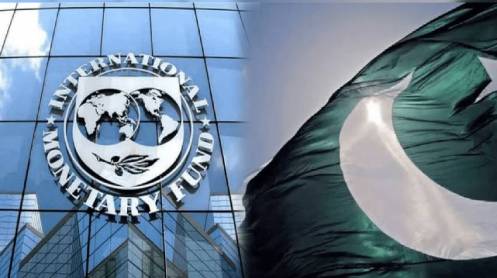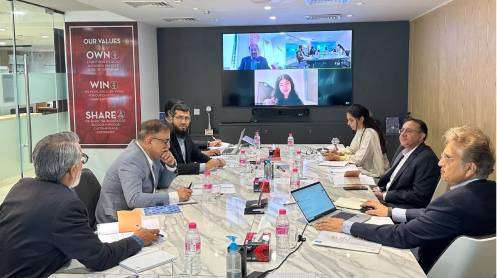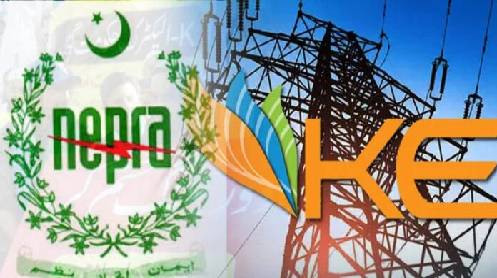KARACHI: Nathan Porter, Director of the International Monetary Fund (IMF) mission for Pakistan, has indicated that the ongoing IMF programme could be Pakistan’s last, provided the country implements the recommended economic reforms in full. In an interview with Voice of America, Porter emphasized that genuine commitment to these reforms could lead to lasting economic stability.
Following the IMF’s approval of the debt programme, Prime Minister Shehbaz Sharif expressed hope that this would be Pakistan’s final IMF programme. Porter echoed this sentiment, noting that while Pakistan faced significant economic uncertainty in mid-2023, the country is now seeing signs of stabilization that could pave the way for progress.
Porter outlined the IMF’s focus on strengthening Pakistan’s macroeconomic policies, including exchange rate stability, fiscal discipline, and economic liberalization to enable private sector growth. He also responded to criticisms of strict IMF conditions, stating that the programme was designed to address the country’s economic challenges, such as high inflation and a large current account deficit.
On declining foreign investment, Porter pointed to excessive government intervention as a major hindrance and recommended reducing the government’s role in business operations, reforming institutions, and lowering power generation costs to attract investors.
He also addressed concerns about subsidies in the agricultural sector, suggesting that reforms are needed to ensure that such support benefits small farmers rather than increasing provincial debts and driving up food prices.
Porter concluded that a fairer and more effective tax system would alleviate the economic burden on the public and create the fiscal space needed for welfare spending.







